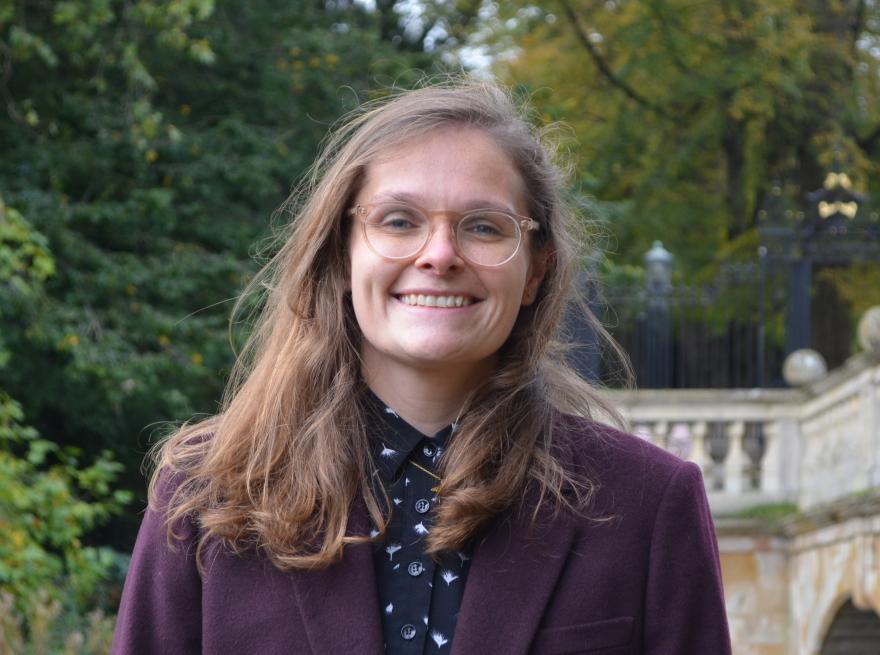Overview
The minimum offer is A*A*A at A-level/776 IB Higher Level or equivalent, with these marks achieved in at least one of Mathematics or Biology, preferably both. For other qualifications, please see the University entrance requirements page.
A-level/IB Higher Level or equivalent in Mathematics and/or Biology.
IB applicants are expected to take IB Higher Level 'Analysis and Approaches' if available at your school. If this is not an option for you, email admissions@clare.cam.ac.uk and we will advise you.
In addition to Mathematics and/or Biology, applicants should be taking other academically demanding subjects in the sciences, humanities, or social sciences. While previous study of psychology is not essential, successful applicants will demonstrate a clear interest in the science of brain, mind, and behaviour.
PBS at Clare
If you are admitted to study PBS at Clare, you will be joining a vibrant and supportive community of academics with a shared interest in what drives human and animal behaviour.
At Clare we have a range of Fellows based at the Psychology Department with expertise ranging across the neuroscience of perception, neuropsychiatric disorders, comparative cognition in birds, and human language processing. We also have a diverse Fellowship in the broader biological, social, political, anthropological and medical sciences; to support the elective papers that students may choose from outside the core PBS Tripos.
Clare is conveniently located in the heart of Cambridge, just a short walk across the Market Square to get to the Psychology Department and Psychology Library.
Visit the University's subject page for more information.

My work uses computational models, pharmacology and brain imaging to understand how humans learn to build adaptive expectations about the world around us, other people and ourselves. The aim is to understand how and when predictions are realised in the brain, how these mechanisms develop in babies and how they might underlie individual differences in how the world is experienced by people with neurodevelopmental and neuropsychiatric conditions.

